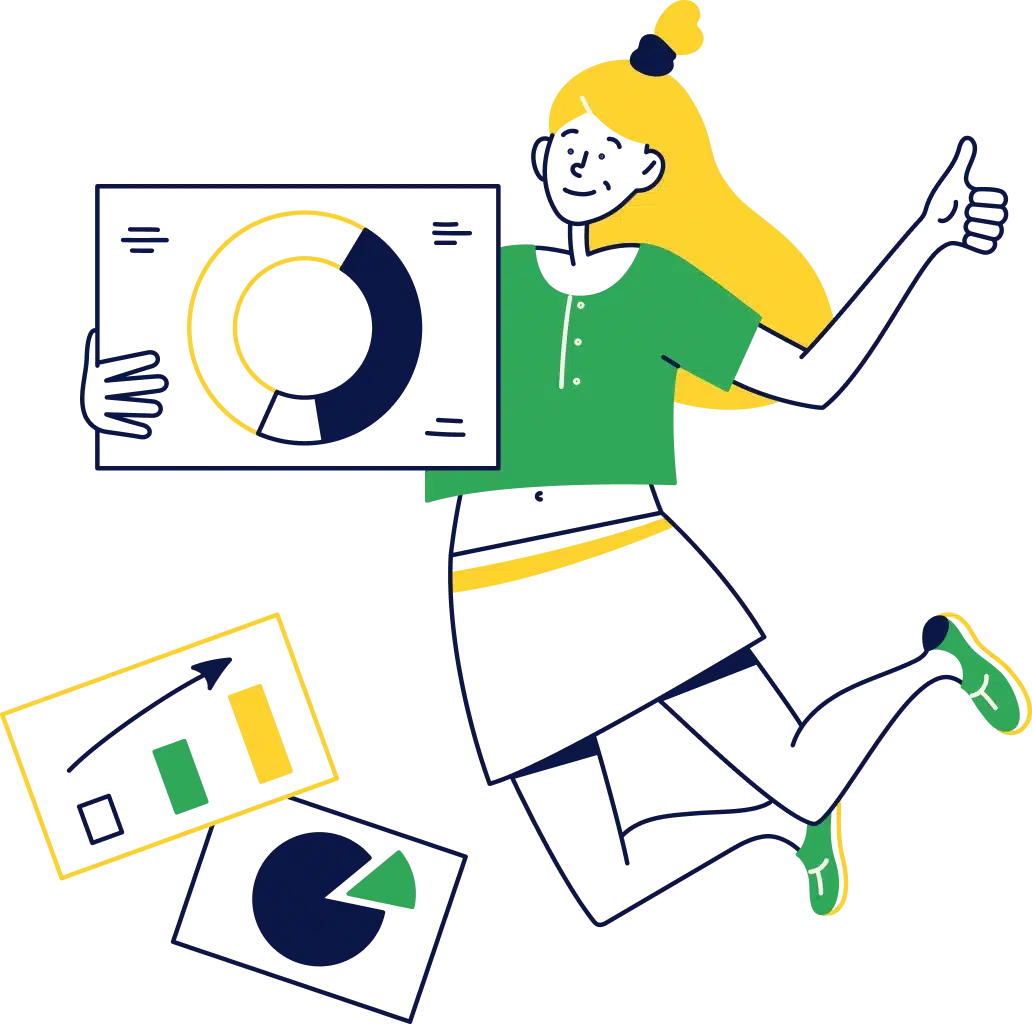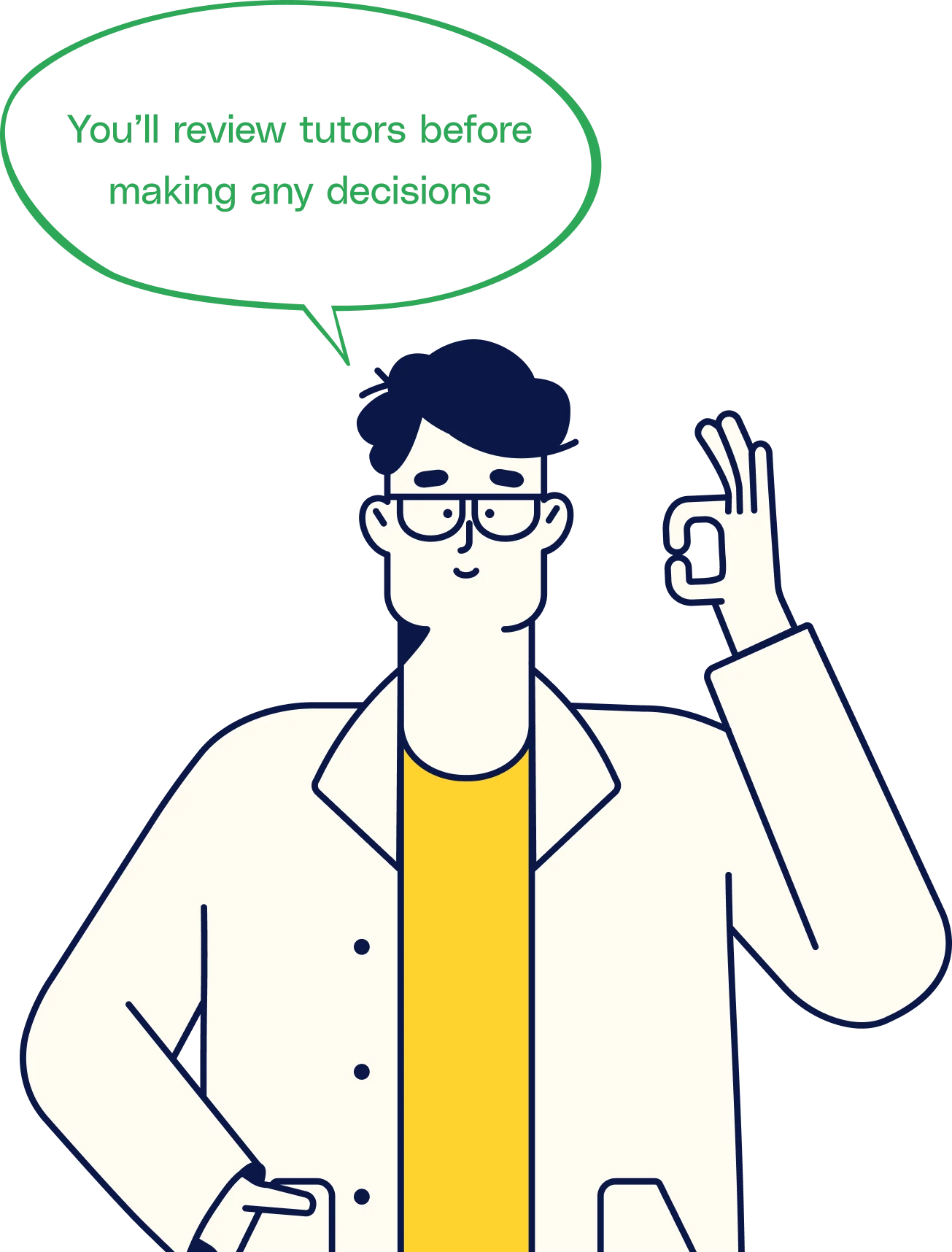Racing thoughts, brain-fog, attention being pushed and pulled in all directions, no matter how hard you try to wrestle with it? For those of us with ADHD (attention deficit/hyperactivity disorder), these experiences can be a daily reality. ADHD is a neurodevelopmental condition impacting attention regulation, impulse control, and hyperactivity. While it may present significant challenges, it's essential to understand that it also holds the potential for extraordinary strengths. Many of the tutors and ADHD coaches here at Sunbeam Education have first-hand experience living with ADHD, so we have a great insight into how it can enrich our lives when there are sound support systems in place. Let's explore how innovative ADHD help can guide individuals with ADHD in accommodating their challenges and harnessing their strengths.

Understanding the Challenges
ADHD affects each individual differently. Its symptoms can range from mild to severe, and its challenges include difficulties maintaining focus, staying organised, and completing tasks. Struggles with impulsivity can lead to hasty actions, physical hyperactivity makes it hard to sit still, and mental hyperactivity can result in racing thoughts and feelings of anxiety.
For those of us with ADHD, our brains aren’t faulty, but they are wired differently. The prefrontal cortex (the brain’s “control centre”) develops more slowly and connects less efficiently with other regions. As a result, it’s harder to filter out distractions and stick with tasks that feel boring or low-reward.
The prefrontal cortex also helps to steady emotions and put the brakes on impulses, meaning that feelings can arrive faster and more intensely, and words or actions can sometimes “jump out” before there’s time to think them through.
Put simply, ADHD is a difference in brain development and wiring that shifts behaviour from being time-and-should-based (“I can do it because I should, this task is a priority, and I have time to do it now”) to more interest-and-urgency-based (“I can do it when it’s exciting, new, or absolutely last-minute”).
Understanding ADHD Strengths
Though ADHD undoubtedly comes with challenges that require our support, our brain-wiring also comes with many positive traits, and there is an ever-growing amount of research on the topic of ADHD strengths. For example, a 2022 study found that people with ADHD traits may show advantages in divergent thinking (coming up with many original ideas), which is one component of creativity, especially on tasks that reward novelty and flexibility, such as artistic or problem-solving tasks.
ADHD is also linked with a stronger pull toward novelty and reward, which can translate into entrepreneurial behaviour, willingness to take calculated risks, and rapid problem-solving under pressure when something truly matters. Differences in attention networks mean focus can be more “all or nothing,” so while sustained effort on tedious tasks is harder, hyperfocus on engaging work can lead to long, productive stretches and “sprints” of progress.
Many people with ADHD are highly creative, insightful, and energetic, such as Aimee Lou Wood, Cat Byrns, Paris Hilton, Rhod Gilbert, James Haskell, Greta Gerwig, and Simone Biles. Their ability to think outside the box gives them a unique perspective, and their passion and enthusiasm a distinct advantage.
For more information about reframing ADHD to embrace its positive traits, we recommend the work of Dr Ned Hallowell, ADHD specialist, psychiatrist, and proud ADHD-er. We've listed some positive traits associated with ADHD below. You will probably be able to come up with many more!
- Ability to keep calm under pressure
- Creativity
- Curiosity
- Empathy
- Enthusiasm and Boundless Energy
- Generosity
- Natural entertainers
- Problem-solving ability
- Strong sense of fairness
ADHD Help: Turning Challenges Into Strengths
Embracing the unique strengths of ADHD while effectively managing its challenges requires some innovative approaches. Here are a few significant steps to help individuals with ADHD utilise their gifts and fulfil their potential:
Developing ADHD Self-Awareness and Self-Acceptance:
ADHD varies hugely from person to person. ADHD coaches and specialists often say that there are as many different versions of ADHD as there are people with ADHD! So, everyone with this particular neurotype must take some time to explore, understand, and embrace the unique form it takes for them as an individual. There is no one-size-fits-all solution here!
Therapy or counselling sessions can help with coming to terms with a diagnosis or the challenging aspects of ADHD. Working with an ADHD Coach can help individuals identify their unique strengths and use these to create strategies for managing their challenges. A favourite tool for developing self-awareness here at Sunbeam is regular meditation. For those whose ADHD makes silently sitting still an impossible task, moving and/or guided meditations can also work wonders!
Learning about ADHD is also a great idea for anyone with an ADHD diagnosis, as well as anyone who loves and supports someone with ADHD. Understanding is one of the most powerful paths towards acceptance. Here is a list of some of my favourite ADHD content creators, who combine expertise with engaging delivery:
- ADHD Alien - beautifully illustrated comics about life with ADHD
- Jessica McCabe How To ADHD - a fantastic resource on YouTube, covering hundreds of ADHD topics in entertaining, bite-sized videos
- Ellie Middleton - neurodiversity advocate, author and content creator
Using ADHD-Friendly Tools:
Technology offers numerous tools specially designed to help manage the symptoms of ADHD, like task management apps or focus timers. These can help improve productivity and organisation, and create much-needed support for challenges with working memory. Many Sunbeam tutors swear by our Google calendars and rely on them a lot!
And not all ADHD-friendly tools are tech-based. Some of us still rely on a good old-fashioned paper diary to keep track of appointments and To-Do Lists. To an ADHD brain, if something isn't visible, then it may as well not exist!

Regular Exercise:
Physical activity leads to improvement in ADHD symptoms and cognitive functions. It helps improve concentration and reduce symptoms of anxiety and depression, which are often associated with ADHD. Exercise can also boost the brain's levels of dopamine, norepinephrine, and serotonin, positively affecting focus and attention. Senior Tutor Alex Pagett can attest to the benefits of a regular exercise routine: "When I began exercising, I noticed a significant improvement in my mental health and resilience, as well as improving my self-confidence."
Leveraging Creativity:
Many individuals with ADHD are drawn to creative pursuits, such as art, music, or writing. It's often said that people with ADHD experience emotions more strongly and deeply than neurotypical people. In that case, creative activities can act as excellent healthy outlets for our feelings. We tend to be pretty good at them, too, as we can see from the growing number of performing artists talking about their own experiences with ADHD. The high-adrenaline nature of performing suits those of us who need novelty and excitement, providing a healthy outlet for our high energy, impulsivity, and natural comedic timing. Perhaps you'd like to try stand-up comedy, singing, or writing a novel - make the most of your skills!
ADHD Coaches and Tutors:
Connect with specialists, such as ADHD tutors, and ADHD coaches. Here at Sunbeam, our ADHD tutors and ADHD coaches help students with ADHD by offering tailored strategies based on their experience and knowledge, helping students get to grips with ADHD's specific strengths and challenges.
ADHD is not a flaw, but a different way a brain can be wired. The key isn’t to pretend the hard parts don’t exist, but to balance two jobs: reducing the impact of the challenges and deliberately building on the strengths that come with this kind of brain. With informed support, practical tools, and the kind of innovative ADHD help outlined in this post, it becomes possible to design your life so that focus, energy, and creativity work more in your favour.
Living with ADHD doesn’t mean you’re off-track; it means your route may be less linear and more custom-built. With the right strategies, environments, and people around you, those same traits that once felt like “too much” or “not enough” can become assets you rely on rather than problems you hide. The goal isn’t to become someone else - it’s to make it easier to succeed as you.







